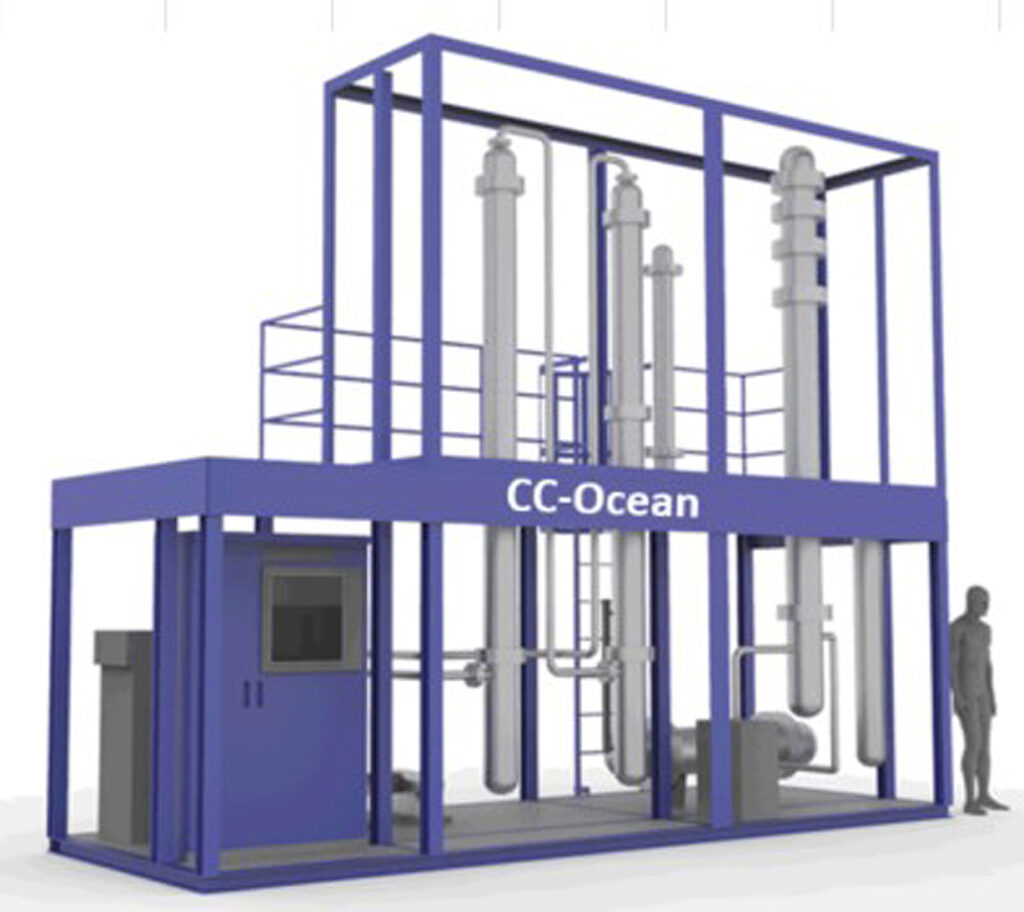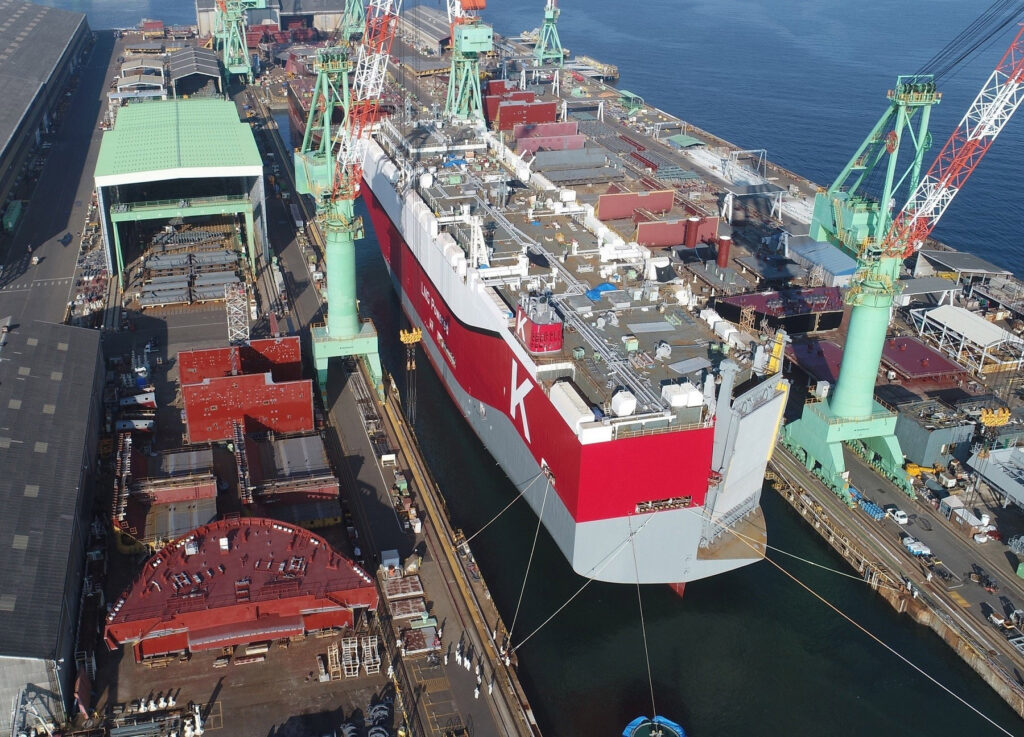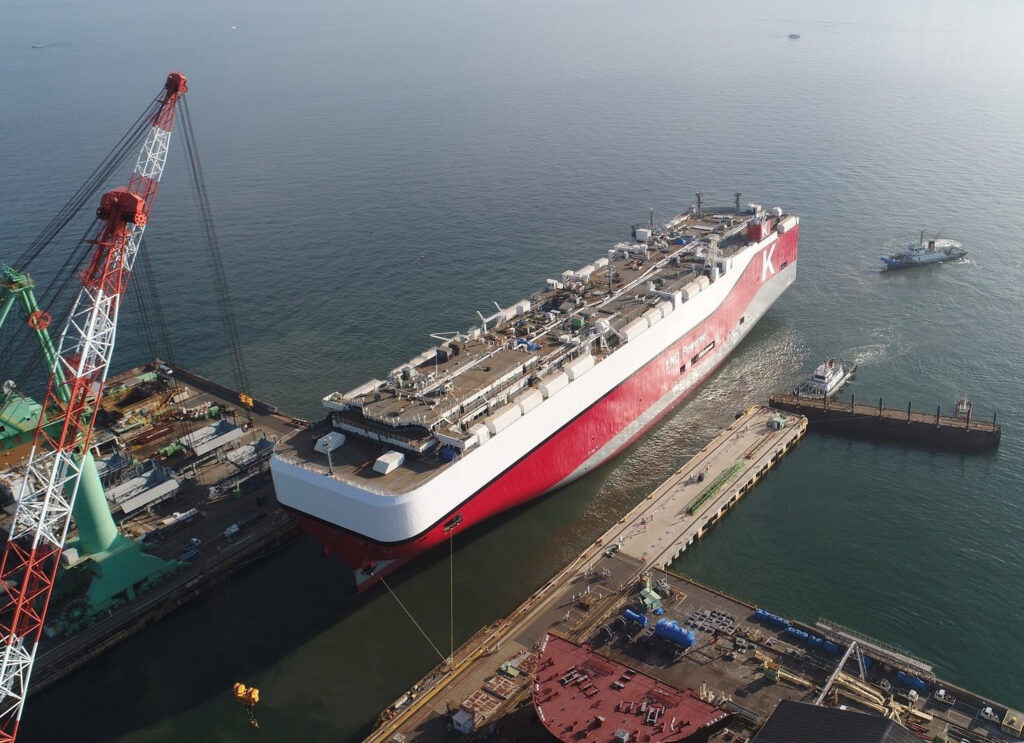JOINT MEDIA STATEMENT
On behalf of Container Owners Association, Global Shippers Forum, ICHCA International, TT Club, World Shipping Council
1600 BST Monday 14 September 2020
As part of this longstanding cooperation, the five organisations have today published a ‘Quick Guide’ to the United Nations sponsored Code of Practice for Packing of Cargo Transport Units (the CTU Code), together with a Checklist of actions and responsibilities for the guidance of those undertaking the packing of cargoes in freight containers specifically.
Dedicated to improving the safety, security and environmental performance throughout the logistics supply chain, one of the aims of this collaboration is to promote awareness and wider use of the IMO/ILO/UNECE Code of Practice for Packing of Cargo Transport Units – the CTU Code.
There have been several widely reported container fires aboard ships, where containerised cargoes may have been the cause of, or contributed to, such fires. The organisations believe that consistent, widespread and diligent adherence to the CTU Code by all parties within global CTU supply chains would significantly reduce these types of incidents, some of which have resulted in fatalities and serious injuries amongst ships’ crews and shore-side staff.
Other occurrences, such as container stack failures, vehicle roll-overs, train derailments, internal cargo collapses and incidents of invasive pest contamination, can also be traced to poor packing practices. The organisations believe that a greater awareness of the CTU Code and the packing practices and techniques it contains will help to reduce such incidents.
To do this the organisations are working together as the Cargo Integrity Group and have identified the following four areas of activity to raise the awareness and improve understanding of safe cargo packing practices:
- Promoting awareness and adoption of the CTU Code, of which the guidance material published today is an example.
- Seeking changes in regulatory requirements to improve their clarity, application, implementation and enforcement, including to the International Maritime Dangerous Goods (IMDG) Code.Monitoring of CTU packing performance through support for strengthened cargo screening
- processes and more effective container inspection regimes
- Working with other industry and governmental stakeholders in promoting awareness and better understanding of safe cargo packing and handling practices.
The five organisations each commented on today’s announcements:
Improving understanding of the CTU Code’s many requirements is central to the work of the group, as Capt. Richard Brough OBE of ICHCA International explains:
“A key objective of our mission is promoting awareness of the CTU Code. We have a dedicated set of outcomes designed to achieve this aim, which begins with the publication of our ‘CTU Code – a Quick Guide’. We want the Code to be as accessible to as many operatives as possible and hope this Quick Guide will encourage them to learn how the Code can be applied to their own particular needs.”
Lars Kjaer from WSC comments on another of the Group’s objectives,
“We believe it is important to pro-actively review and, where needed, revise existing regulatory provisions to enhance ship, crew and worker safety,” he explains. “For example, working closely with other partners, we have been able to ensure the launching of a considered review of the maritime Special Provisions in the IMO’s International Maritime Dangerous Goods (IMDG) Code. Such Special Provisions may today lead to exemptions from the Code’s safety and documentary requirements with the result that the carrier may not be able to take necessary precautionary measures.”
Other significant steps have been made in recent months with initiatives to screen cargo effectively, particularly responding to the concerns over the mis-declaration of shipments.
“Carriers have been advancing their capability to screen cargo at the time of booking in order to combat the curses of error and fraud that cause misdeclarations and unacceptable risk for the industry,” says TT Club’s Peregrine Storrs-Fox. “Such actions can also support and empower industry and government sponsored container inspection programmes that are fundamental to improving good practice and understanding how regulations actually operate. It is thus part of CIG’s third objective to participate in the ongoing revision of the IMO Circular regarding container inspection programmes and support related industry cargo screening initiatives.”
Uffe Ernst-Frederiksen of the Container Owners Association commented on a further key aspect of the new documents:
“The IMO/ILO/UNECE CTU Code describes in chapter 4 the roles and responsibilities of parties in the container supply chain for the safe packing, handling, stowage and transport of containers and the correct reporting of their actual weights”
“However, often overlooked is that the CTU Code also deals with supply chain parties’ responsibilities to minimize visible pest contamination from containers and their cargoes. It is therefore appropriate that the material we are publishing today draws attention to this important issue, stressing that minimizing pest contamination of containers and their cargoes is a shared responsibility. Our material also makes reference to guidance material recently developed and published by the IPPC’s Sea Container Task Force of which COA is a member that aims at assisting parties in the containerized supply chains in trying to ensure that containers and their cargoes remain free from visible pest contamination. One of the key objectives of the SCTF is to promote voluntary government-industry cooperation on minimizing pest contamination of CTUs. Our five organizations fully support this objective and call on all parties in the international containerized supply chains to actively support and participate in such voluntary programs, and to play their role in meeting the objective of minimizing visible pest contamination.”
Perhaps the greatest challenge in minimising cargo-related issues is that of creating the necessary awareness throughout the huge number of businesses active in the shipment of goods by intermodal container and other types of cargo transport units. Connecting with other stakeholders, and through them with the wider industry and governmental agencies, is the fourth objective of the Group. James Hookham of GSF says,
“Today is a marker on a journey to raise wider awareness of this critical issue across the globe and adoption of safe practices. Our organisations cannot do this on their own and we are reaching out to other bodies in the supply chain and in governmental agencies to join with us in promoting high standards of the packing of all cargo transport units and understanding the inter-connectedness of differing objectives”.
The organisations would welcome the support and active assistance from other representative bodies, individual companies and governmental agencies committed to supporting and achieving the four objectives. Contact can be made through any of the organisations listed below.
NOTES FOR EDITORS
The five organisations co-operating in the Cargo integrity Group are:
• Container Owners Association (COA)
Media Contact: Patrick Hicks, Secretary, Container Owners Association,
secretary@containerownersassociation.org
• Global Shippers Forum (GSF)
Media contact: James Hookham, Secretary General, jhookham@globalshippersforum.com
Tel: +44 7818 45 04 40
• International Cargo Handling Co-ordination Association (ICHCA International)
Media contact: Peter Owen, Portcare International, info@portcare.com
Tel: +44 1737 248300
• TT Club
Media contact: Peter Owen, Portcare International, info@portcare.com
Tel: +44 1737 248300
• World Shipping Council (WSC)
Media contact: Anne Marie Kappel, Vice President, Strategy & Communication,
akappel@worldshipping.org Tel: +1 202 589 1235











